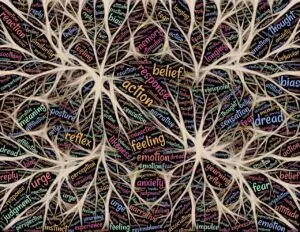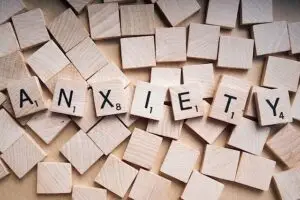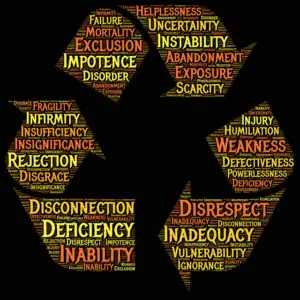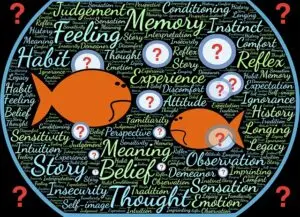Welcome
Some of us have the feeling that something is wrong but we are not sure what it is or we know our life could be better. Some of us know that we have come from a difficult background and use coping mechanisms that can be destructive to ourselves or others.
Some of us are living with the effects of trauma, but do not realise that we are, and some are more aware and may find life to be overwhelming at times and find it hard to cope.
Many of us are out of touch with our true selves. One reason for this is that we learn to defend ourselves from the world at a very young age. Those defences become ingrained and we may think they are part of our personality. We may often dismiss our defences as ‘that’s just me.’
Defences are ingenious as they work by us not knowing that we have them. One of the most effective ways to resolve this is through counselling.
Sarah Graham
Counsellor
My name is Sarah and I am a fully qualified counsellor, based in Bournemouth, in the UK. I work online on Zoom.
I am an accredited member of the National Counselling and Psychotherapy Society. My accreditation is backed by the UK government through the Professional Standards Authority. My training and education meet standards set by those bodies.
Please see my profile at the National Counselling and Psychotherapy Society.
My practice and waiting list are currently full. Please check back later.
Previous clients are welcome to get in touch.
Please email me at info@sarahgrahamcounselling.com
Areas I Work In
I Can Help With...
Difficult Childhoods
A difficult childhood can be defined as one where one or both parents may have been in addiction or had a difficult childhood themselves that they never dealt with, they may have had anger issues and were frightening, or they may have been cold and critical and perhaps unloving. One or both parents may have been controlling and not accepting of their child’s wishes and/or character. There may have been a bereavement, a difficult divorce or a problematic step-parent.
This can be a stressful environment for a child to grow up in and can lead to all kinds of insecurities such as; feelings of not being good enough, feelings of being unsure of who they are, what they really want in life or a feeling that something is wrong but they are not sure what it is or they may have feelings of anxiety, be irritable, often feel stressed, be depressed at times or have frequent feelings of anger or frustration.
Read more here.
Narcissistic Personality Disorder and Narcissistic Abuse
If your partner or parent can be cold, controlling or devaluing, be dismissive of you or your opinions, has never said sorry for anything, seems to be lacking in empathy, gives you the silent treatment and may go for days or weeks without speaking to you, if they lie a lot, or are manipulative and self-centred, if you get the feeling they think ‘it’s my way or the highway,’ if they are jealous and highly critical, if they are quick to anger and rage and if you feel you are never good enough – you may have a partner or parent with NPD.
A person with NPD can cause their partner and/or children to feel undervalued, belittled and ignored and it can have serious effects on self-worth and self-esteem. It can result in Complex PTSD, addictions, panic disorders, anxiety and depression amongst other outcomes.
Read more here.
Complex Trauma
I work with Complex Trauma. The following can be symptoms of complex trauma (which can be caused by childhood abuse or having a parent who is in addiction, mentally ill or emotionally neglectful); irritability, depression, insomnia, feeling emotionally overwhelmed, having nightmares or flashbacks, feeling shame or worthlessness, panic attacks, substance abuse, eating disorders, chronic pain and feelings of not knowing who you are or feeling unreal.
Read more here.
Articles
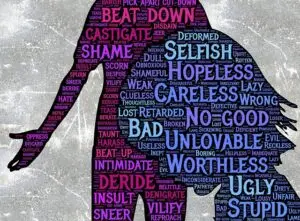
Chronic Shame
Children from difficult backgrounds will often have lots of feelings of guilt and shame. Sources of shame can be parents, siblings, school or wider society

Healthy and Unhealthy Boundaries
What are Boundaries? A boundary can be defined as a barrier which separates two things. Healthy psychological boundaries between people mean that there is respect

Why We Self-Sabotage
Why Do We Self-Sabotage? Self-sabotage can be defined as acting in a way that is detrimental to both our well-being and to reaching our potential.

Healthy Narcissism Vs. Unhealthy Narcissism
Narcissism originally begins as a response in childhood to developmental issues. Both nature and nurture are influential in the early years in setting up the

The Fear of Abandonment
What is the Fear of Abandonment? A fear of abandonment is a deep-seated fear of being left by people that you are close to. This

Body Image and Binge Eating
What is Binge Eating? Binge eating can be defined as episodes of overly excessive and rapid eating in a short period of time which are
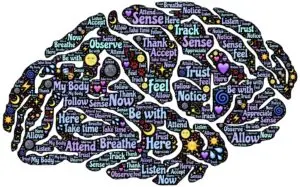
Healing from a Difficult Childhood
It can be hard to heal from a difficult childhood but it can be done. Healing is possible and takes place through: 1. Knowledge – read
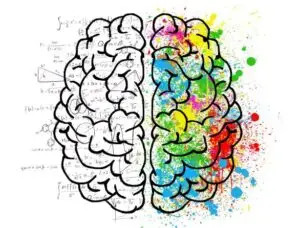
The Mental Structure of a Person with Narcissistic Personality Disorder
This is a simplified diagram of the mental structure of the mind of a narcissist. It is a complex system of defences which protect the

Narcissism and Archetypes
One of the interesting things about those with narcissistic personality disorder is that many of their behaviours are so similar and universal. This could be

What are the Benefits of Counselling?
The Benefits of Counselling There are many benefits to counselling, it can lead to: Accepting yourself Feeling more compassion for yourself and others Feelings of

Structural Dissociation
The Structural Dissociation Model Dissociation is on a spectrum ranging from daydreaming to DID – Dissociative Identity Disorder (formerly Multiple Personality Disorder). Normal dissociation means

Internal Family Systems Theory
How the Mind Works as an Internal Family Internal Family Systems Theory, developed by Richard C. Shwartz in the 1980s, has grown out of family
For Enquiries or to Make an Appointment
Please fill in the form below and I will reply within 2 working days
Please check your junk or spam folder if you don’t see a reply within 2 days
We are not what happened to us, we are what we wish to become
― Carl Jung ―
Therapy Made Easier

member of a Professional Body
Accredited member of The National Counselling and Psychotherapy Society

PROFESSIONAL STANDARDS AUTHORITY
Accreditation backed by the Professional Standards Authority

Prompt Reply
All messages replied to within 2 working days

Online Therapy
Sessions take place from the comfort of your own home on Zoom



